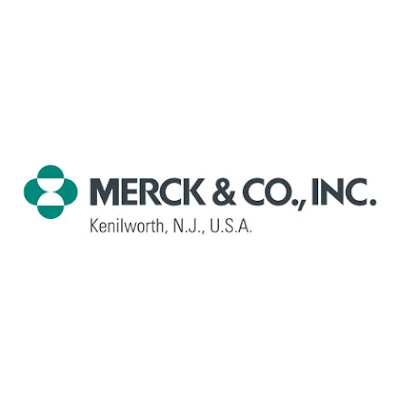The drugmaker Merck said Thursday that it might lower prices on several drugs by 10 percent or more, but its rollback affects minor products and wouldn't lower the value of its top-selling, expensive cancer, and diabetes products.
The move follows recent announcements by Pfizer and Novartis that they might freeze price increases for the remainder of the year because of the industry confronts sustained criticism from President Trump, lawmakers, and therefore the public over the rising cost of prescriptions.
Merck’s action shows just how cautiously the industry is shifting strategies:
It didn't cut the prices of any blockbusters just like the cancer treatment Keytruda or the diabetes drug Januvia.
Instead, it said it might reduce by 60 percent the asking price of Zepatier, a hepatitis C drug whose recent sales have dipped so low that, after paying after-the-fact rebates to insurers, the corporate recorded no sales within us for the merchandise within the first quarter of this year.
The six other products that Merck said it had been discounting were drugs that had lost their patent protection and are available from other manufacturers as low-cost generics.
In a statement, Merck said it had been lowering the costs in an attempt to scale back out-of-pocket costs for patients.
It also said it might not increase the typical net price — the quantity after discounts are applied — of its products above the speed of inflation for the remainder of the year.
Major drug companies became the target of escalating tension over prices, and the Department of Health and Human Services, now travel by Alex M. Azar II, a former pharmaceutical executive, has been weighing options to form some changes.
The president has repeatedly slammed pharmaceutical companies.
Just last week, Mr. Trump singled out Pfizer during a tweet for raising prices on dozens of medicine, increases the company has since deferred. After freezing their prices, Novartis and Pfizer have since been rewarded with congratulatory presidential tweets.
His administration outlined an in-depth proposal to deal with the difficulty, an idea that received more than 2,000 comments, many from the drug and benefit managers industries.
Mr. Trump had announced in May that major drug companies would, within a fortnight, enact “voluntary massive drops” in prices, but that didn't happen.
Merck’s announcement on Thursday seemed to be the primary time in recent memory that a company pledged to lower the asking price of its drugs.
Adam J. Fein, chief executive of the Drug Channels Institute, said albeit Merck’s move was small, it reduces what proportion middlemen like wholesalers and pharmacy benefit managers are paid.
“Every player’s economics change when asking price drops,” he said. If others imitate, he said, “we are getting into uncharted waters.”
Much of the outrage over high drug prices has been driven by the gap between the list price of a drug, which is about by the manufacturer, and therefore the net price, which is that the amount — after rebates — that insurers and enormous employers pay.
Consumers are often exposed to the upper asking price because they either don't have insurance or because their insurance requires them to pay the asking price before their deductible is met.
within the statement, Merck said that it chose the drugs “based on a variety of factors including the gap between asking price and actual discounted (net) prices paid in the market, the contractual obligations under existing arrangements with payers, and the opportunity to broaden access to treatment.”
Zepatier has struggled in recent years within the face of competition from other hepatitis treatments, and fewer patients who are seeking treatment for the disease.
Zepatier brought in $131 million in global sales within the half-moon of 2018, a 65 percent decline over the primary quarter of 2017.
After paying rebates to insurers, the corporate recorded $0 in us sales of Zepatier for the primary quarter.
By contrast, the cancer treatment Keytruda had sales within us of $838 million in the half-moon of 2018.
The diabetes drug Januvia brought in $465 million within the same period.
Other drugs that Merck said it might discount its price on include the brand-name versions of products that way back lost their patent protection and are readily available from competitors at steeply discounted prices.
They include Prinivil, the name for the vital sign drug lisinopril, which lost its patent protection in 2002.

0 comments:
Post a Comment